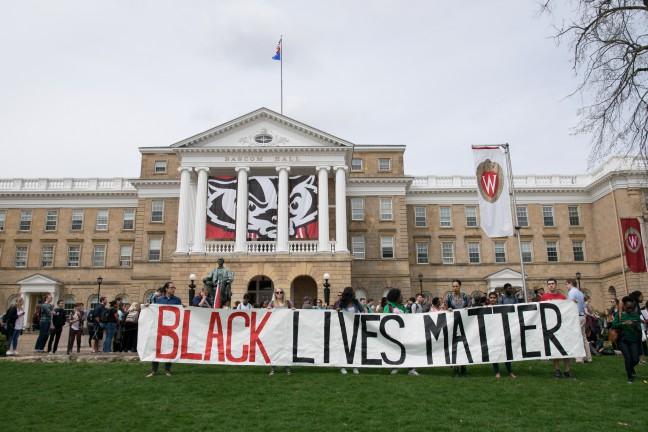In an effort to illuminate the experience of the black community in America, visiting scholar Shanara Reid-Brinkley, a professor from the University of Pittsburgh, highlighted ways in which black youth are undermined in their attempts at advancing forward in a “white-centered society.”
In her second lecture on Wednesday, titled “Black Radical Rhetoric(s): A Case Study in Black Youth Activism,” she focused on how the black community, especially college students, struggle to have their voices heard.
Due to the stereotypes and judgements that black students face from their majority white colleagues, Reid-Brinkley said collegiate debate is “toxic” for young black students, even if they were successful in high school debate. Black students are critiqued based on how they dress, speak and act, which often times, discourages them to participate in collegiate debate.
“I’ve watched for 10 years black students in a majority white activity like policy debate struggle to get white people to hear what they are saying,” Reid-Brinkley said.
The lack of communication between the white and black communities is not exclusive to college campuses, it stretches into other areas across the country as well, Reid-Brinkley said.
With respect to proposed education reforms, such as school voucher programs, Sarah Anderson, an associate lecturer at the University of Wisconsin, was curious as to how the potential changes would affect the black community.
“I suspect you’d see more dropouts among inner city populations,” Reid-Brinkley said.
The charter school voucher programs tend to pick the highest performing students, leaving the lower performing students behind, Reid-Brinkley said. She said schools will want to keep their average scores higher to receive more funding.
Reid-Brinkley also predicted there will be an uptick in violence and “black terrorism” — acts of violence committed by members of the black community — in the future due to the way the black community is treated in the U.S.
“One of the things that is most difficult is getting white students to view the world as it actually is rather than as they have been taught it is,” Reid-Brinkley said.
Each person has their individual life experiences, which is tied to their personal identity, Reid-Brinkley said. Ultimately, identity is influenced by a person’s race, gender and other aspects as well, she added.
People of color often succumb to the stereotypes in their daily life since they are a representation of their whole community, Reid-Brinkley said. They are not “allowed” to be an individual.
Moving forward, Reid-Brinkley said “harsh times” are ahead, but society must persevere.
“We need to stop all of this conflict we have with each other,” Reid-Brinkley said.


